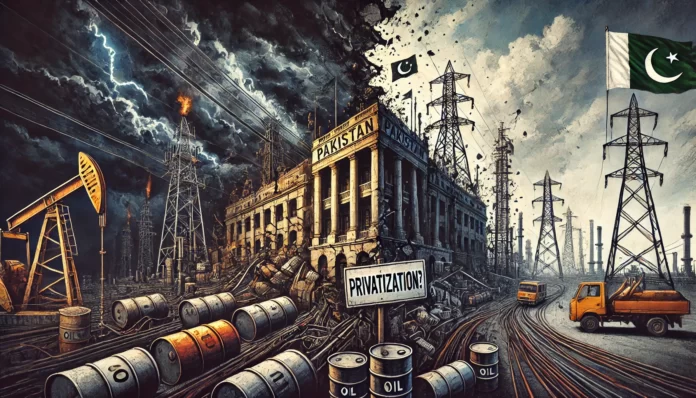In a large, ornate conference room in one of the higher floors of the building of the New York Stock Exchange, there is a rather expensive-looking vase that once belonged to Tsar Nicholas II of Russia. The vase was sent to the exchange as part of the collateral against a bond issued by the imperial Russian government to finance their expenses during World War I. When the Bolsheviks took control during the Russian Revolution, they reneged on all of Russia’s debts and made a separate peace with Germany.
In the mid-1990s, after the communists heirs of the Russian Revolution had been pushed out for a – briefly – democratic Russia, the Russian government tried to make a comeback on the international bond market, and as part of that effort, Russian leaders toured financial institutions in the United States, including the New York Stock Exchange. During their tour of the NYSE, they saw the vases and asked if they could be returned to Russia. The NYSE officials giving the tour said: “Absolutely. Right after you pay back the money the Tsar borrowed.”
The market has a long, long memory. It does not forget. And it especially does not forget a sovereign that reneges on its debts.
There are many ways to spin the so-called “renegotiation” of the government’s contracts with independent power producers, but make no mistake about what it is, and how the market will view it. It is a sovereign default by the government of Pakistan. And the market will not forget it – or forgive it – any time soon.
The mess that is Pakistan’s power sector has few, if any, heroes and there is a lot of blame to go around. But while it is possible to say that nearly everyone is to blame, only the government of Pakistan is responsible for what comes next.
The good news is that this sovereign default could be the start of a permanent fix to the problem. The bad news is that this government has made it clear that they do not have the capacity to seize this opportunity.
You have doubtless read many pieces talking about what has gone wrong, and we will certainly examine how this mess was created, how each party in the entire energy supply chain is at least partly to blame for this mess, and the dangerous consequences of what the government has done with the IPPs.
But we will also provide you something else that you may not find in other news sources: how the government can get out of this mess. We are not optimistic that the government will take our analysis seriously, but it is worth trying anyway. The content in this publication is expensive to produce. But unlike other journalistic outfits, business publications have to cover the very organizations that directly give them advertisements. Hence, this large source of revenue, which is the lifeblood of other media houses, is severely compromised on account of Profit’s no-compromise policy when it comes to our reporting. No wonder, Profit has lost multiple ad deals, worth tens of millions of rupees, due to stories that held big businesses to account. Hence, for our work to continue unfettered, it must be supported by discerning readers who know the value of quality business journalism, not just for the economy but for the society as a whole.To read the full article, subscribe and support independent business journalism in Pakistan









